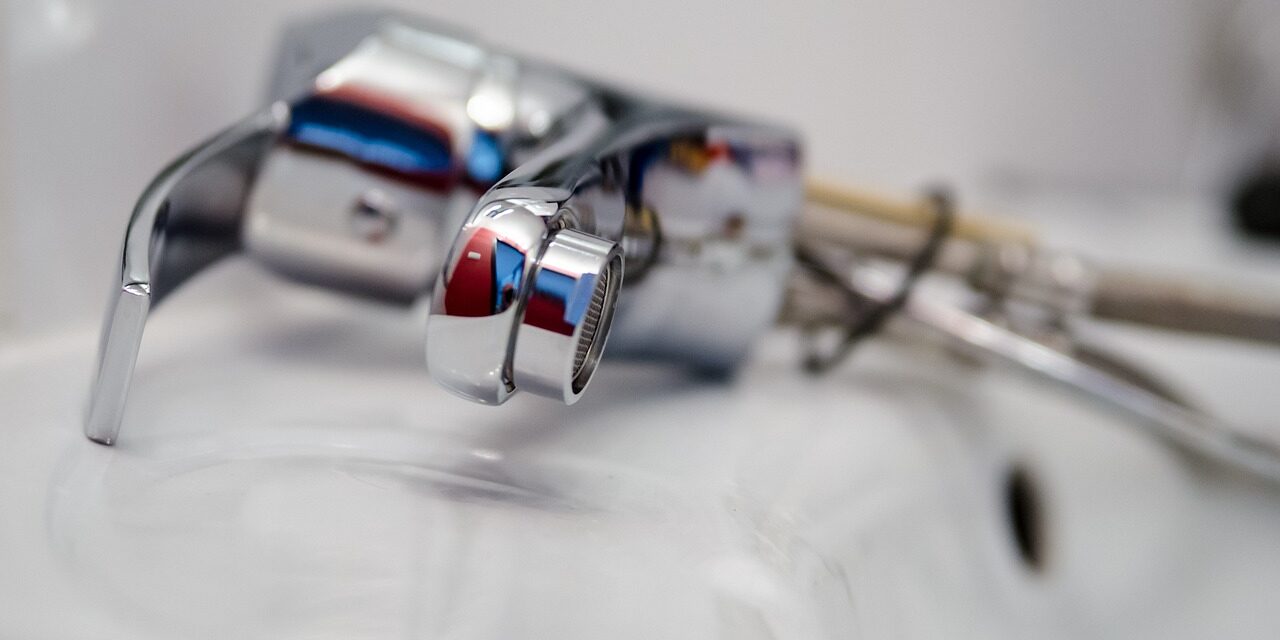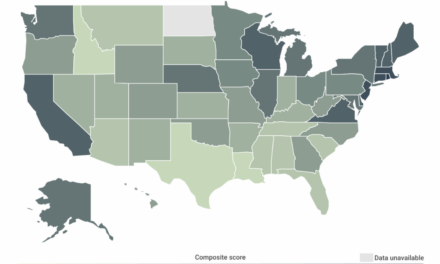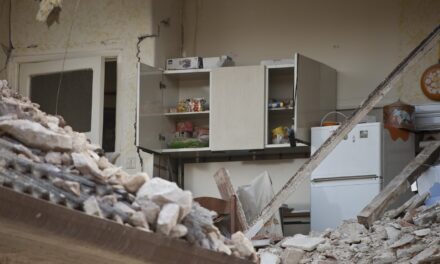Real estate landlords, tenants, and rental agents should prioritize the prevention of mold problems in residential and commercial properties. Mold infestations can lead to severe health issues for occupants and expose landlords to legal liability. To help ensure a safe living or working environment, Phillip Fry, a Certified Mold Inspector and author of the books Mold Legal Guide and Mold Health Guide, recommends ten crucial steps to mitigate mold-related risks and potential lawsuits.
Conduct Thorough Mold Inspections Prior to Renting:
Before offering a property for rent, property owners or managers should arrange a comprehensive mold inspection and testing of the entire building or individual rental units.
Address Water Intrusion Issues Promptly:
In cases of plumbing leaks, roof or siding leaks, flooding, storm damage, or any other water intrusion problem, it is crucial to conduct a thorough mold inspection, testing, and remediation as part of the water damage repairs and restoration process.
Swift and Effective Mold Removal:
If mold problems are detected during inspection and testing, property owners or managers should promptly undertake safe and effective mold removal and remediation.
Avoid Deceptive Practices:
Property owners or managers should refrain from concealing mold problems through deceptive practices such as painting over mold growth, hiding mold growth behind stored items, furniture, or decorations, and masking the smell of mold with air fresheners.
Tenant’s Right to Inspect:
Prospective tenants should inspect and test the rental unit before signing the lease.
Thorough Examination and Testing:
During inspection and testing, the mold inspector or tenant should thoroughly examine the building for visible and hidden signs of water damage and mold growth. Mold testing should cover air and visible mold samples from all rooms, basement, crawl space, attic, garage, and airflow from heating/cooling duct registers.
Mold Laboratory Analysis:
Mold testing requires laboratory analysis and identification of collected mold and air samples. Locations with previous water damage should undergo fiber optics inspection to detect hidden mold growth within ceilings, walls, and floors.
Written Mold Disclosures:
Landlords or rental managers should provide written disclosures to prospective tenants regarding any past or current water and mold problems in the building. These disclosures should detail the actions taken to address the issues.
Lease Agreement Considerations:
Based on accurate and complete mold disclosure, landlords may include a clause in the lease agreement releasing them, rental managers, and real estate agents/brokers from mold liability.
Maintaining a mold-safe environment is not only an ethical obligation but also a legal responsibility that protects the interests of all parties involved in the rental of real estate properties.










